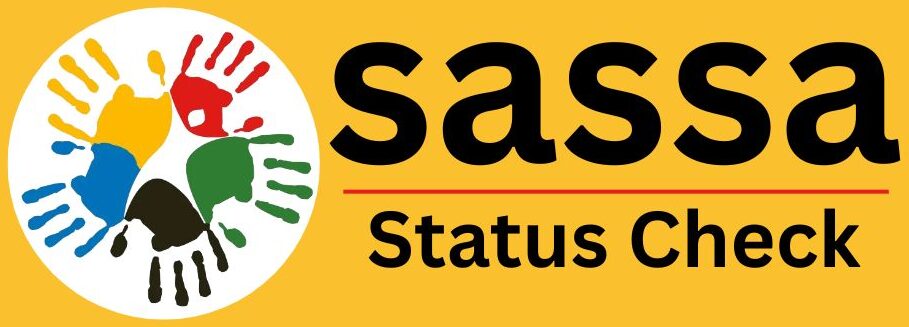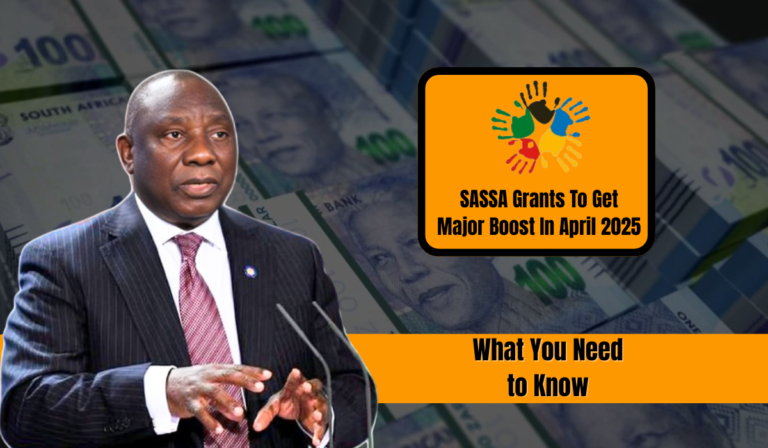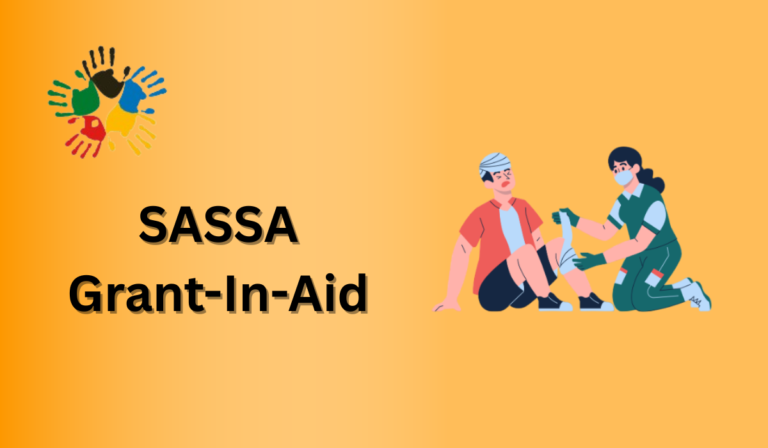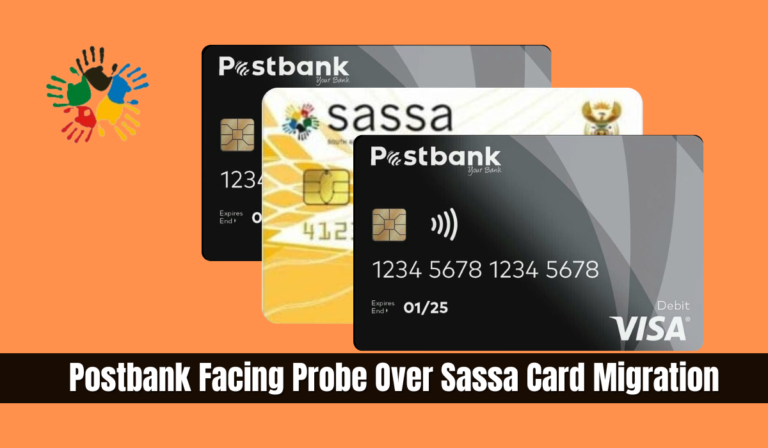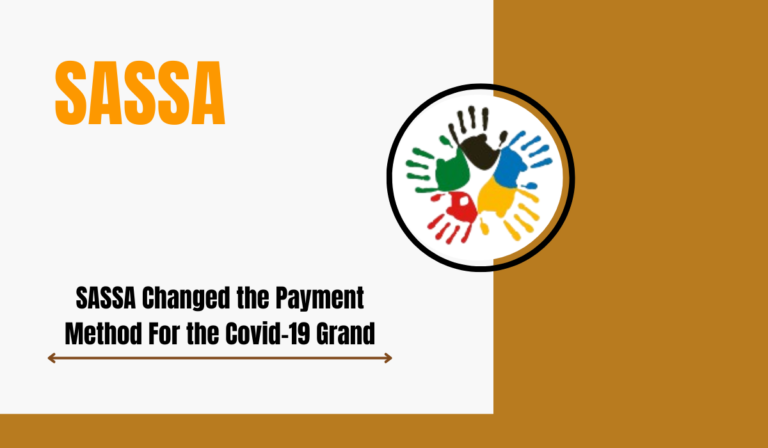SRD Grant Deadline Approaches For Beneficiaries

SRD Grant Deadline Approaches For Beneficiaries. The Social Relief of Distress (SRD) grant has become a lifeline for millions of unemployed individuals in South Africa. As the economic climate remains tough, especially for those without stable income, the SRD grant ensures that basic necessities such as food, hygiene items, and transport are within reach. However, an important regulatory deadline looms on the horizon, and beneficiaries must stay informed to ensure uninterrupted access to this critical support.
In this article, we break down the latest updates, regulatory changes, and legal issues surrounding the April 2025 SRD payment, as well as what recipients can expect in the coming months.
Why the SRD Grant is Vital for South Africans
The SRD grant, managed by the South African Social Security Agency (SASSA), provides temporary financial assistance to unemployed South Africans who do not receive other government assistance or unemployment benefits. This support is especially critical as unemployment remains high and inflation affects household budgets.
Many families rely on this monthly grant to buy essentials and keep their households running. For countless recipients, missing a single month’s payment can lead to significant hardship. That’s why it’s essential to understand the current situation regarding the SRD grant deadline and regulatory changes.
SRD Grant Deadline: What’s Happening in April 2025?
The Department of Social Development (DSD) is responsible for establishing the legal framework that enables SASSA to distribute the SRD grant. Without updated regulations, SASSA will not be able to legally process or pay out funds for April 2025.
Regulatory Requirement
SASSA must receive an approved set of regulations to distribute grants during the final week of April 2025. Although the agency has confirmed its systems are technically ready, it cannot proceed without official authorisation.
The delay in approving these new regulations could risk payment interruptions, which is why the Department of Social Development is working under pressure to finalize the updates on time.
Proposed Changes to SRD Grant Regulations
In March 2025, Acting Minister of Social Development Pemmy Majodina proposed amendments to Section 13 of the Social Assistance Act to ensure the smooth continuation and long-term sustainability of the SRD grant.
Below is a summary of the proposed regulatory changes:
| Proposed Change | Description |
|---|---|
| 12-month extension of SRD Grant | Ensures the grant continues until March 2026 |
| Removal of the R624 income threshold | Makes more people eligible by eliminating this financial requirement |
| Use of historical application data until May 2025 | Allows SASSA to use data from previous applications to avoid processing delays |
These changes follow Finance Minister Enoch Godongwana’s budget speech, which confirmed the SRD grant’s continuation until March 2026.
What Does This Mean for SRD Grant Beneficiaries?
If the updated regulations are not published in time, SASSA will temporarily rely on existing application data from March 2025 to determine eligibility for April and May payments. This ensures that beneficiaries receive uninterrupted support, even if the regulatory process takes longer than expected.
SRD Income Threshold Ruled Unconstitutional
One of the most contested aspects of the SRD grant has been the income threshold requirement. As of now, the rule states that applicants must earn less than R624 per month to qualify. However, this regulation faced a significant legal challenge earlier this year.
Court Ruling Against SRD Income Threshold
In January 2025, Judge Leonard Twala of the Gauteng High Court ruled that the income threshold and associated eligibility checks are unconstitutional. The ruling challenged Regulation 2, sub-regulation (3)(b), which enforced the R624 limit.
This landmark decision could reshape how SRD grants are administered in the future.
What Happens Next?
Despite the ruling, SASSA, DSD, and the National Treasury have been granted leave to appeal. The case will now proceed to the Supreme Court of Appeal. According to the judgment, it is in the public’s interest for the matter to be decided by a higher court.
However, until the appeal is concluded, the existing rules remain in place. If the court upholds the initial ruling, SASSA’s eligibility checks may need to be redesigned, potentially causing administrative delays and confusion among applicants.
Why the R624 Income Threshold Matters
The current income threshold plays a major role in determining who qualifies for support. However, critics argue that R624 is too low, especially considering the rising cost of living in South Africa. Food, transport, and utility prices have all increased, making it difficult for many to survive on incomes just slightly above this cutoff.
Current Living Costs vs. Income Threshold
| Item | Average Monthly Cost (2025) | Comment |
|---|---|---|
| Basic groceries | R800 – R1,200 | Exceeds the current income threshold |
| Transport | R300 – R500 | Not affordable for those earning under R624 |
| Electricity and Water | R250 – R400 | Adds pressure on low-income households |
Clearly, the R624 limit does not reflect the actual cost of living, leading many to call for its removal or adjustment.
Public Comment Period on SRD Grant Regulations
South Africans have the opportunity to make their voices heard. The Department of Social Development has opened a public comment period for citizens to provide input on the proposed SRD regulation amendments.
Deadline for Comments: Monday, 14 April 2025
This is a chance for advocacy groups, civil society organisations, and individual beneficiaries to influence the future of the SRD grant. Public participation in this process is vital to ensure that the grant serves the needs of those most vulnerable.
Conclusion
As the SRD grant deadline approaches, beneficiaries are encouraged to keep up with official announcements from SASSA and the Department of Social Development. Any regulatory or legal changes could affect their eligibility and payment schedules.
